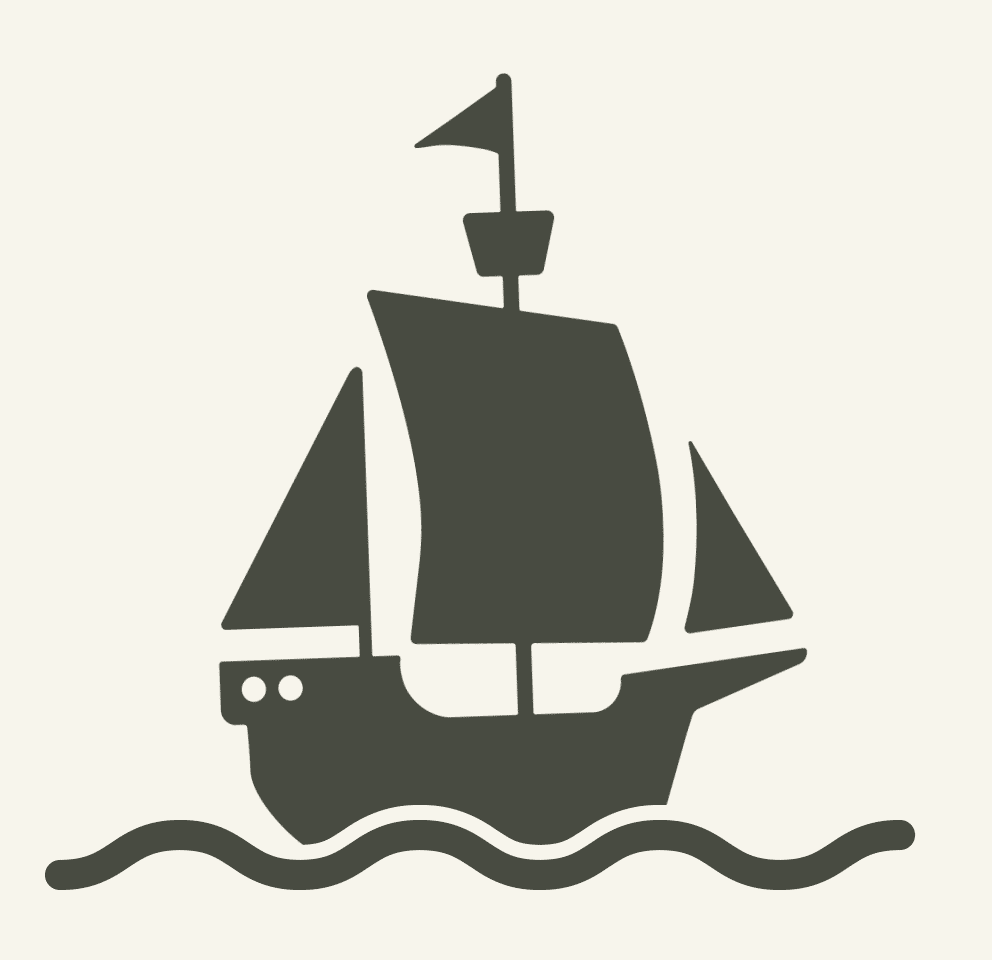
Discover Ibiza and Formentera from the sea with Xaloc Charter.
Since 2006, we have been offering an exclusive boat rental service in Ibiza and Formentera, combining excellence, comfort and safety.
XALOC CHARTER
Los favoritos del mar: Los barcos más buscados en Ibiza y Formentera
Ofrecemos una extensa gama de embarcaciones de diferentes estilos y esloras, cuidadosamente seleccionadas para garantizar la mejor experiencia en el mar. Elige tu barco y reserva fácil 100% online
XALOC TEAM
Your Perfect Charter, Tailored to You.
At Xaloc Charter, we understand that every client is unique. That's why we've designed a nautical concierge service to offer fully personalized experiences at sea. We possess deep knowledge of boats, crews, and routes, and our approach is based on excellence and customization. We know that the ideal charter is defined not only by the boat but by every detail surrounding it: from flawless reservation management to crew selection, onboard service, and exclusive assistance during check-in and check-out.
Therefore, instead of choosing a boat based solely on images, we select the ideal options for you, ensuring that every aspect of your experience is exceptional.
✔ Personalized selection of boats according to your needs.
✔ Flawless reservation management and premium onboard service.
✔ Exclusive assistance during check-in and check-out.
✔ Expert advice on crew and customized routes.
Tell us what you're looking for, and we'll take care of the rest.
Your Perfect Charter, Tailored to You.
At Xaloc Charter, we understand that every client is unique. That's why we've designed a nautical concierge service to …
Completa el formulario y nuestro equipo se pondrá en contacto contigo
With 20 years of experience, Xaloc Charter is the leading partner in boat rentals in Ibiza. We offer an exclusive selection of boats: motorboats, yachts, RIBs, sailboats, catamarans, and gulets, all finely equipped to ensure the best experience from the booking process onward.
With 20 years of experience, Xaloc Charter is the leading partner in boat rentals in Ibiza. We offer an exclusive selection of boats: motorboats, …
Explora las mejores rutas en barco en Ibiza y Formentera
Complementos para el alquiler de barcos
Descubre más - Xaloc Charter
Reserva tu barco en Ibiza y Formentera
Resuelve tus dudas sobre el alquiler de barcos